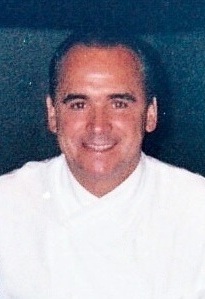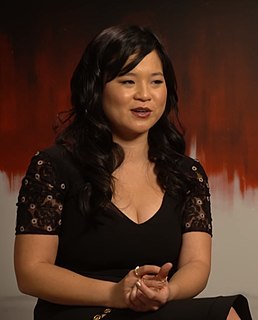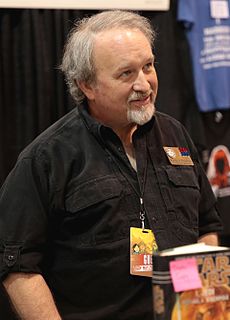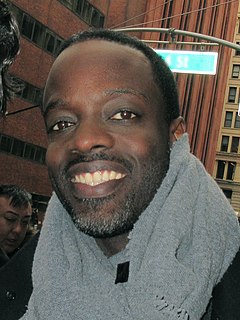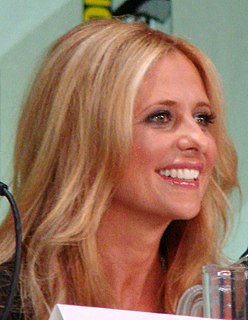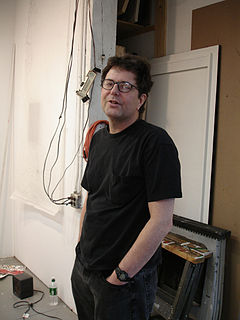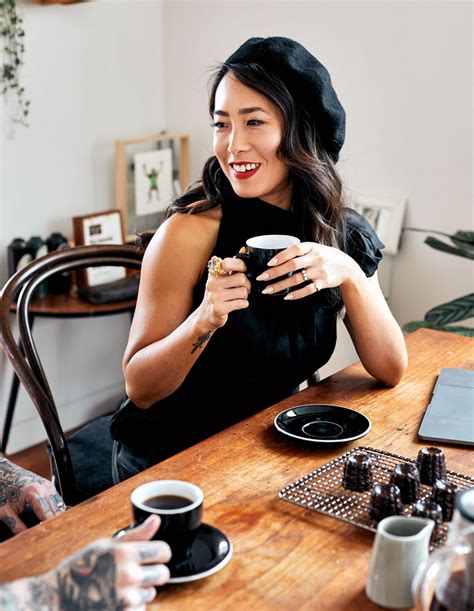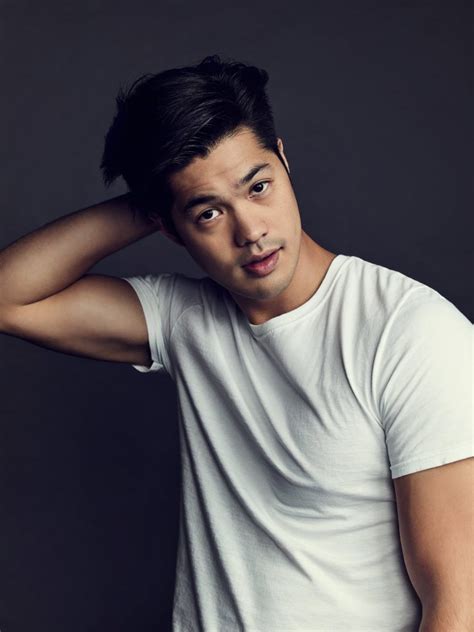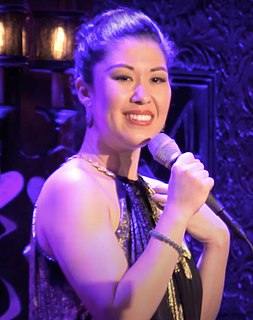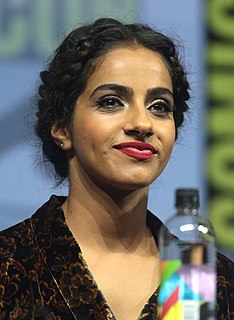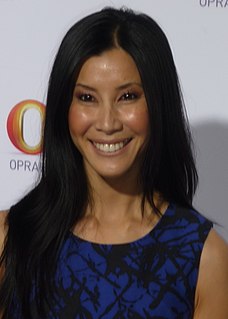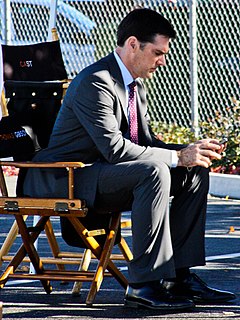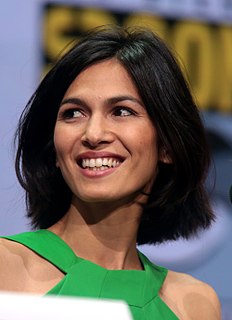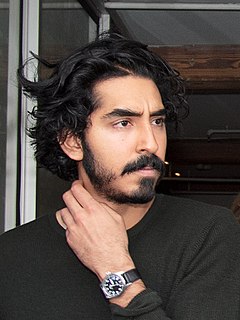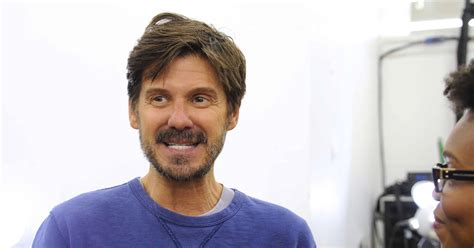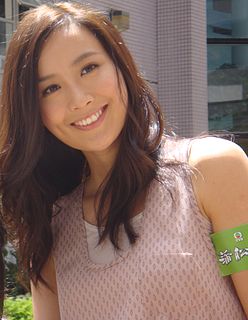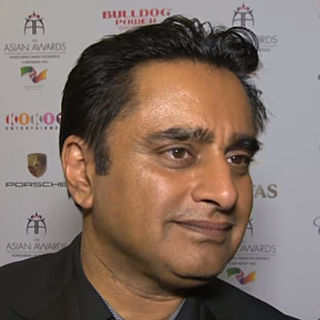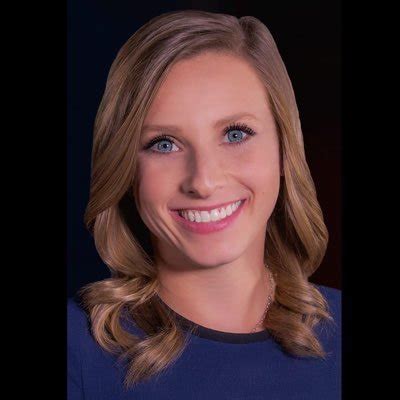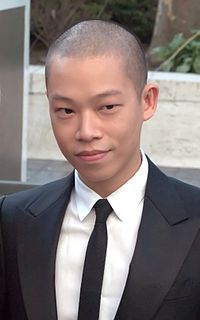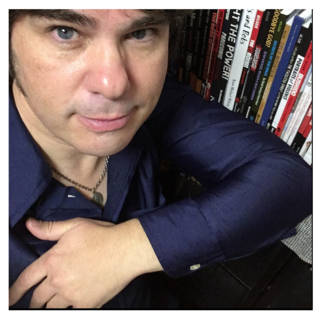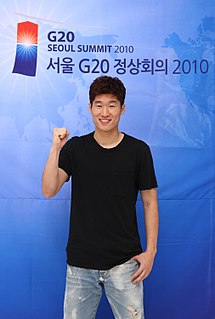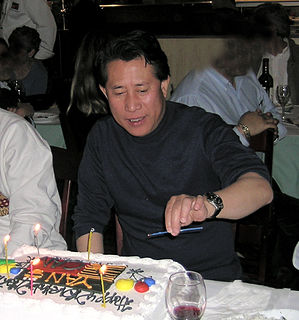Top 1200 Asian Culture Quotes & Sayings
Explore popular Asian Culture quotes.
Last updated on April 14, 2025.
The Chinese Student Association at Cornell put together their own play. It was all Asian people in the cast except for me, because they wanted to do a couple of scenes about an interracial relationship. I was the only non-Asian person on stage; the entire audience was Asian apart from my 10 friends that showed up.
My brother often complains to me about the 'angry Asian male' in the United States. As a female, I haven't encountered this, but Asian-American men are angry. They're angry because, for so many years, they've been neglected as sex symbols. Asian women have it much easier, I think; we're accepted into various circles.
People take pride in being Irish-American and Italian-American. They have a particular culture that infuses the whole culture and makes it richer and more interesting. I think if we can expand that attitude to embrace African-Americans and Latino-Americans and Asian-Americans, then we will be in a position where all our kids can feel comfortable with the worlds they are coming out of, knowing they are part of something larger.
As a community, we're fighting for Asians to play Asian roles. And then there's the other battle, which is Asian Americans playing roles that aren't written for Asians, and I think that's something that completely should happen; Why can't an Asian American male just play a leading cop figure... or the Matt Damon roles?
"Culture" is a new phenomenon, I believe. Culture is the new religion. People treat you based upon your culture. You are pushed to describe yourself by your culture: Kurdish or Turkish? Left wing or right wing? Progressive or conservative? Westerner or Easterner? European or Asian? So we have a label ready for you.
I wish reporters were more in tune to the difference between the Asian experience and the Asian-American experience. I think often they lump the two together and think that when I talk about Asian-American narratives that they can cite 'Crouching Tiger, Hidden Dragon' or 'Mulan' as proof of concept when it's a different experience.
It's very difficult to be asking other people for opportunities. It is much more empowering to be creating opportunities, to be the one who is saying, 'Look, I'm going to take this from the ground up and create a story that is meaningful to me as an Asian American and cast it with Asian Americans and have Asian Americans writing it.'
I always feel like people misunderstand the difference between an Asian story and an Asian-American story. That's completely different, too. I have friends who grew up in Asia, and our experiences are so different. Even though we might look the same, I feel like being Asian and then being Asian-American is completely different.
I sense a kind of fear of writing black or Asian characters from non-ethnic writers, who perhaps feel that they don't know the culture and therefore can't write about it. By and large, if there's an Asian character, I might get a call. But if the character is called 'Philip,' the chances are I won't.
Within the model minority rhetoric, Asian Americans are represented as “good” minorities and African Americans are represented as “bad” minorities. Here, the achievements of Asian Americans are used to discipline African Americans. As model minorities, Asian Americans achieved the status of “honorary Whites”. Again it is important to point out that the honorary whiteness of Asian Americans was granted at the expense of Blacks. It is also significant that as “honorary Whites,” Asian Americans do not have the actual privileges associated with “real” whiteness.
Does people not asking me about Asian American literature mean they don't see it as its own literary tradition? I certainly believe in it as its own literary tradition, because your race plays a great factor in how you are seen by the world, and how you see the world; the fact that I'm an Asian American isn't incidental to who I am as a writer. Where it becomes difficult is defining what, if anything identifiable at all, makes an Asian American book an Asian American book, other than the fact of its creator being Asian. And I'd argue that there is nothing identifiable beyond that.
Me being from a Celtic culture that tends to emphasize directness, conflict, openness has a big effect on my living in Japan, which tends to focus on indirectness, avoidance of conflict and keeping things close to your chest. So that has led to quite a lot of cultural misunderstandings in dealing with this East Asian culture I live in.
